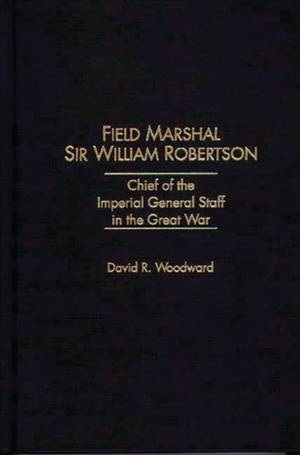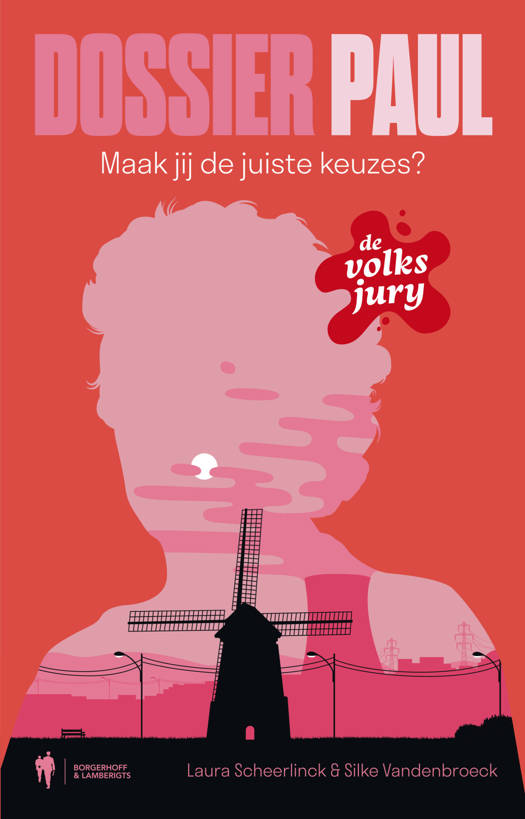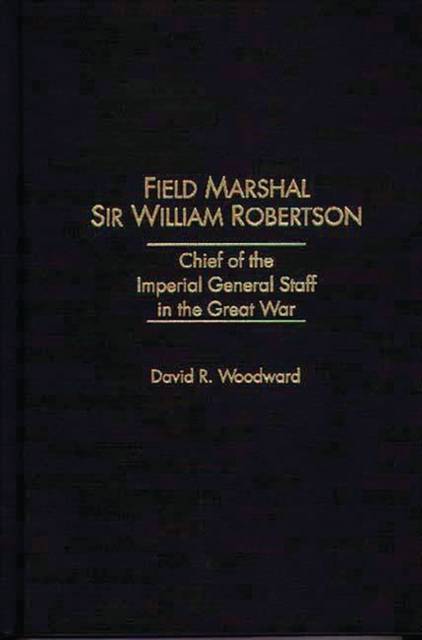
Wil je zeker zijn dat je cadeautjes op tijd onder de kerstboom liggen? Onze winkels ontvangen jou met open armen. Nu met extra openingsuren op zondag!
- Afhalen na 1 uur in een winkel met voorraad
- Gratis thuislevering in België vanaf € 30
- Ruim aanbod met 7 miljoen producten
Wil je zeker zijn dat je cadeautjes op tijd onder de kerstboom liggen? Onze winkels ontvangen jou met open armen. Nu met extra openingsuren op zondag!
- Afhalen na 1 uur in een winkel met voorraad
- Gratis thuislevering in België vanaf € 30
- Ruim aanbod met 7 miljoen producten
Zoeken
Field Marshal Sir William Robertson
Chief of the Imperial General Staff in the Great War
David R Woodward
€ 161,45
+ 322 punten
Omschrijving
Sir William Robertson served as the professional head of the British army and as the constitutional military adviser to both Asquith and Lloyd George from December 1915 to February 1918. This account, based on many new sources, critically examines his leadership of the general staff as the burden of fighting the main body of the German army shifted to the British. This study sheds light on the origins and conduct of the Somme and Passchendaele offensives, and the efforts to coordinate the Allied war effort, especially the controversial effort to subordinate Haig to General Nivelle and the creation of the Supreme War Council with its inter-allied staff. The civil-military conflict over the conduct of the war, especially the growing divide between Robertson and Lloyd George, receives special attention. The previously unexplored tension between Robertson and Haig who formed the most important military partnership in British history is also examined. This account represents the untold story of the higher direction of the war in Britain.
Specificaties
Betrokkenen
- Auteur(s):
- Uitgeverij:
Inhoud
- Aantal bladzijden:
- 248
- Taal:
- Engels
- Reeks:
Eigenschappen
- Productcode (EAN):
- 9780275954222
- Verschijningsdatum:
- 19/03/1998
- Uitvoering:
- Hardcover
- Formaat:
- Genaaid
- Afmetingen:
- 164 mm x 243 mm
- Gewicht:
- 616 g

Alleen bij Standaard Boekhandel
+ 322 punten op je klantenkaart van Standaard Boekhandel
Beoordelingen
We publiceren alleen reviews die voldoen aan de voorwaarden voor reviews. Bekijk onze voorwaarden voor reviews.











